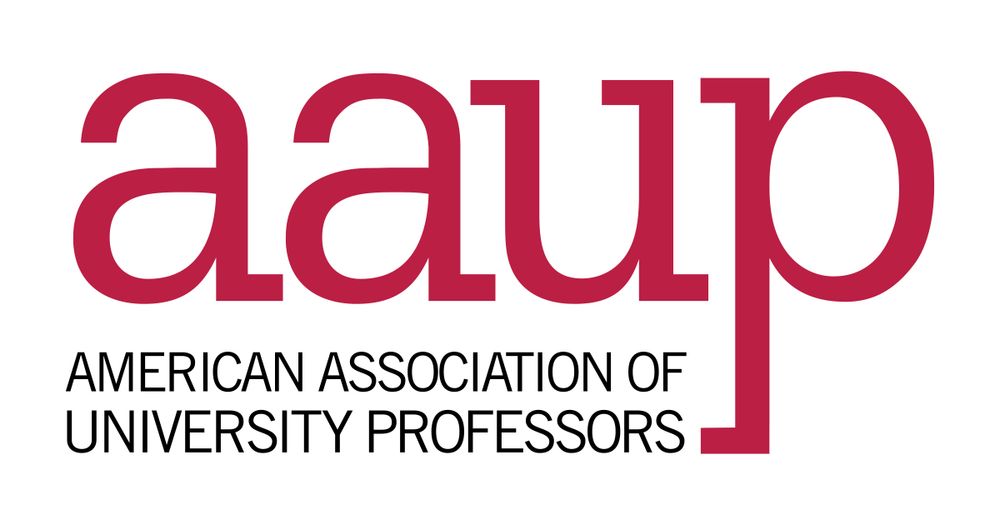Victor Pickard
by Victor Pickard — Reposted by: Victor Pickard
Reposted by: Victor Pickard
www.tandfonline.com/eprint/2BPFG...

Reposted by: Victor Pickard

Reposted by: Victor Pickard
@theine.bsky.social and Carlotta Verita look at how well Philly’s local news media keep residents informed about the issues that matter most in this new report: buff.ly/jJO22o8


by Victor Pickard — Reposted by: Victor Pickard, Anna O. Law
www.youtube.com/live/RB1FLkR... @aaup-penn.bsky.social @aaup.org @chenjerai.bsky.social @proftwolf.bsky.social

Reposted by: Victor Pickard, Michael Jones‐Correa
It is not hyperbole to say that the future of higher education.. requires that every university reject it…The only solution is solidarity and collective action against this effort at federal control over higher education.”
www.nytimes.com/2025/10/02/o...

This is corruption.
Adherence to ‘loyalty oaths’ would usher in a new era of thought policing in American higher education.

by Ryan Enos — Reposted by: Victor Pickard, Anna O. Law, Efrén O. Pérez , and 2 more Victor Pickard, Anna O. Law, Efrén O. Pérez, Fabián Muniesa, Michael Jones‐Correa

Reposted by: Victor Pickard, Brian Keegan, Blair Fix , and 1 more Victor Pickard, Brian Keegan, Blair Fix, Olúfẹ́mi Táíwò
Wikipedia is core to that fight so the grievance blitz is here.


Reposted by: Victor Pickard
by Victor Pickard — Reposted by: Victor Pickard, Aurélien Mondon, Nathan P. Kalmoe

Reposted by: Victor Pickard, Juan Cole, Pádua Fernandes
![SUPREME COURT OF THE UNITED STATES
No. 25A269
DEPARTMENT OF STATE, ET AL. . AIDS VACCINE ADVOCACY COALITION, ET AL.
ON APPLICATION FOR STAY
[September 26, 2025]
On September 3, the United States District Court for the District of Columbia entered a preliminary injunction directing the Executive to obligate roughly $10.5 billion of appropriated aid funding set to expire on September 30. Of that $10.5 billion, $4 billion was proposed to be rescinded in a "special message" transmitted pursuant to the Impoundment Control Act. See 2 U. S. C. §681 et seq. After the District Court and the United States Court of Appeals for the District of Columbia Circuit denied stays of that order, the Government filed this application to stay the District Court's injunction. The application for stay presented to THE CHIEF JUSTICE and by him referred to the Court is granted. The Government, at this early stage, has made a sufficient showing that the Impoundment Control Act precludes respondents' suit, brought pursuant to the Administrative Procedure Act,
to enforce the
appropriations at issue here. The Government has also made a sufficient showing that mandamus relief is unavailable to respondents. And, on the record before the Court, the asserted harms to the Executive's conduct of foreign affairs appear to outweigh the potential harm faced by respondents. This order should not be read as a final determination on the merits. The relief granted by the Court today reflects our preliminary view, consistent with](https://cdn.bsky.app/img/feed_thumbnail/plain/did:plc:36eqtmzysqf7wsslczw4uxcd/bafkreibdxyhd77jme45c7r7yn4xcbextd75efeqweqmtqf76jq3qsfxb2y@jpeg)


Reposted by: Victor Pickard
www.cnet.com/tech/computi...
![One potential use is as a TV remote. "Once you start using it regularly, you put it on your wrist and you just start using it every day, it becomes infuriating that you're not using it for more things like picking up a TV remote," Bosworth says. "We think the opportunity for this to be a bigger input platform over time is really big."
We also talked about the possibilities for typing, something Meta's research groups have discussed in the past. Bosworth says two neural bands would be needed, but it's being explored. "A really fun thing happens when you have two of these, you could also do typing. That's not a guarantee. We can do typing with downward-facing cameras pretty effectively, but [they're] expensive," he adds.](https://cdn.bsky.app/img/feed_thumbnail/plain/did:plc:hakzua5btcgcfjye2yujlhos/bafkreic2y2yvl34vmeve73np6b2bqne5utmpzvzxzrirnogwqwrrtazt7u@jpeg)
Reposted by: Victor Pickard

Reposted by: Victor Pickard
by Brendan Nyhan — Reposted by: Victor Pickard, David R. Miller, Brian Jm Quinn

by Stephen I. Vladeck — Reposted by: Victor Pickard, Anna O. Law, Richard S.J. Tol , and 25 more Victor Pickard, Anna O. Law, Richard S.J. Tol, Brendan Nyhan, Tom Clark, Pamela Samuelson, Scott L. Greer, Steven S. Smith, Joseph Schafer, Juan Cole, Daniel W. Drezner, Daniel Aaron, Laurent Pech, David R. Miller, Stacy D. VanDeveer, Scott A. Imberman, Michael D. McDonald, James Goodwin, Alfie Kohn, Mark Rice, Henry Jones, Greg Linden, Andrew Rudalevige, Nathan Richardson, Jon Dean, Eric J. Segall, Manisha Sinha, Nathan P. Kalmoe
Reposted by: Victor Pickard, Jan W. Mueller, Richard S.J. Tol , and 43 more Victor Pickard, Jan W. Mueller, Richard S.J. Tol, Robert N. Stavins, Will Jennings, Brendan Nyhan, Juliet B. Schor, Paul R. Bierman, Patrick A. Jansen, Patrick Dunleavy, Steve Peers, Michael A. Clemens, American Library Association, Melissa Johnson, Fabián Muniesa, Jacob Montgomery, Joseph Schafer, Juan Cole, Sanford F. Schram, John Foot, Michael Kevane, Trevon D. Logan, Smith, Nancy T. Ammerman, Robert C. Richards, Alan Richardson, David R. Miller, Aaron Sojourner, W. Andy Knight, Gerald Friedman, Will Lowe, Caroline Fohlin, Els Torreele, Michael D. McDonald, James Goodwin, Jason Lyall, Mark Rice, Henrik Skaug Sætra, Steven S. Taylor, James Connelly, Brandon Whitcher, Nathan P. Kalmoe, Carlos Carroll, Colin Woodard, Virginia Sapiro, David Darmofal
Reposted by: Victor Pickard, Juan Cole, David Darmofal
me, back in April:

Reposted by: Victor Pickard

Reposted by: Victor Pickard, Kim L. Scheppele
www.cbc.ca/news/worl...
by Victor Pickard — Reposted by: Victor Pickard



